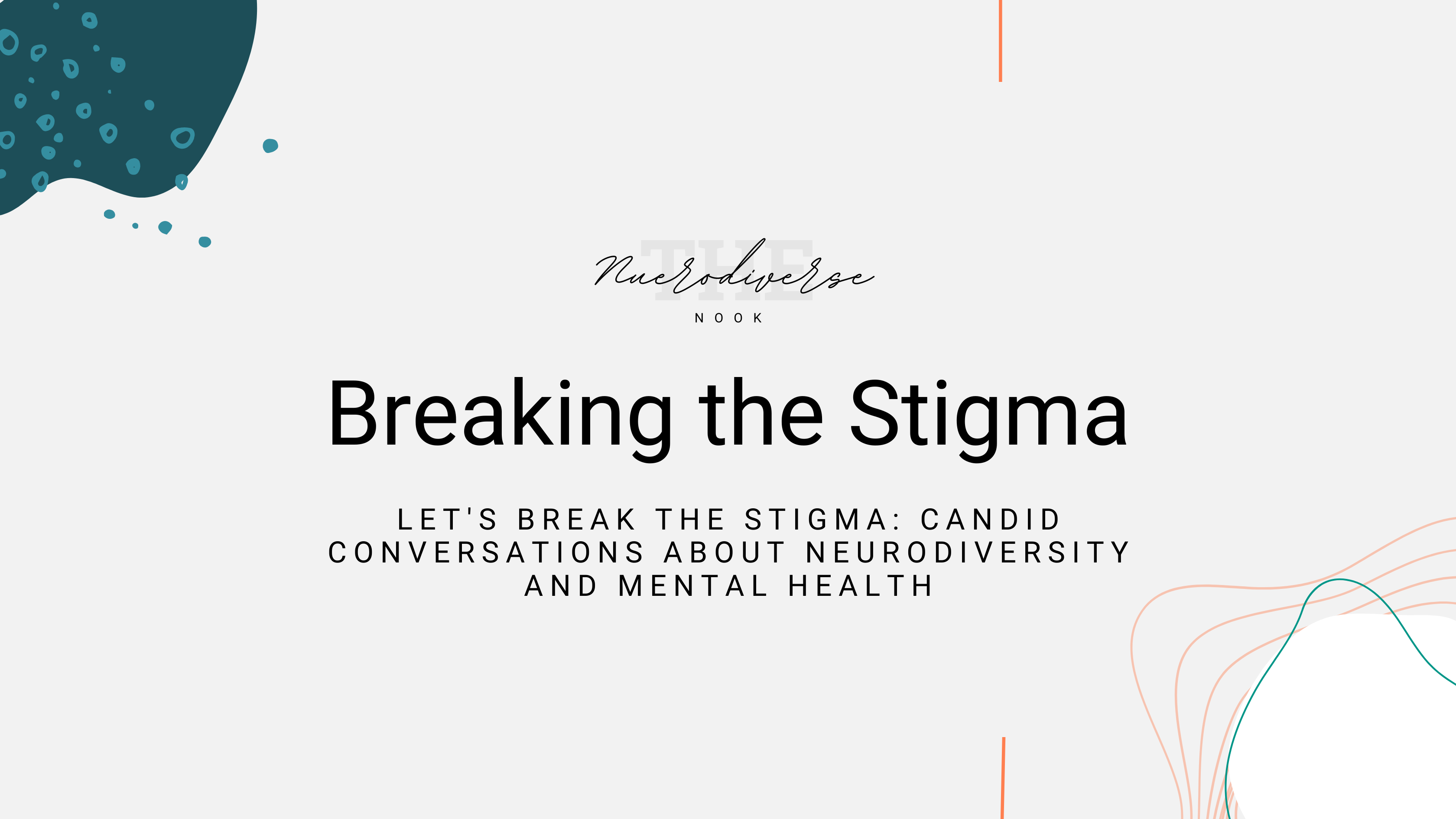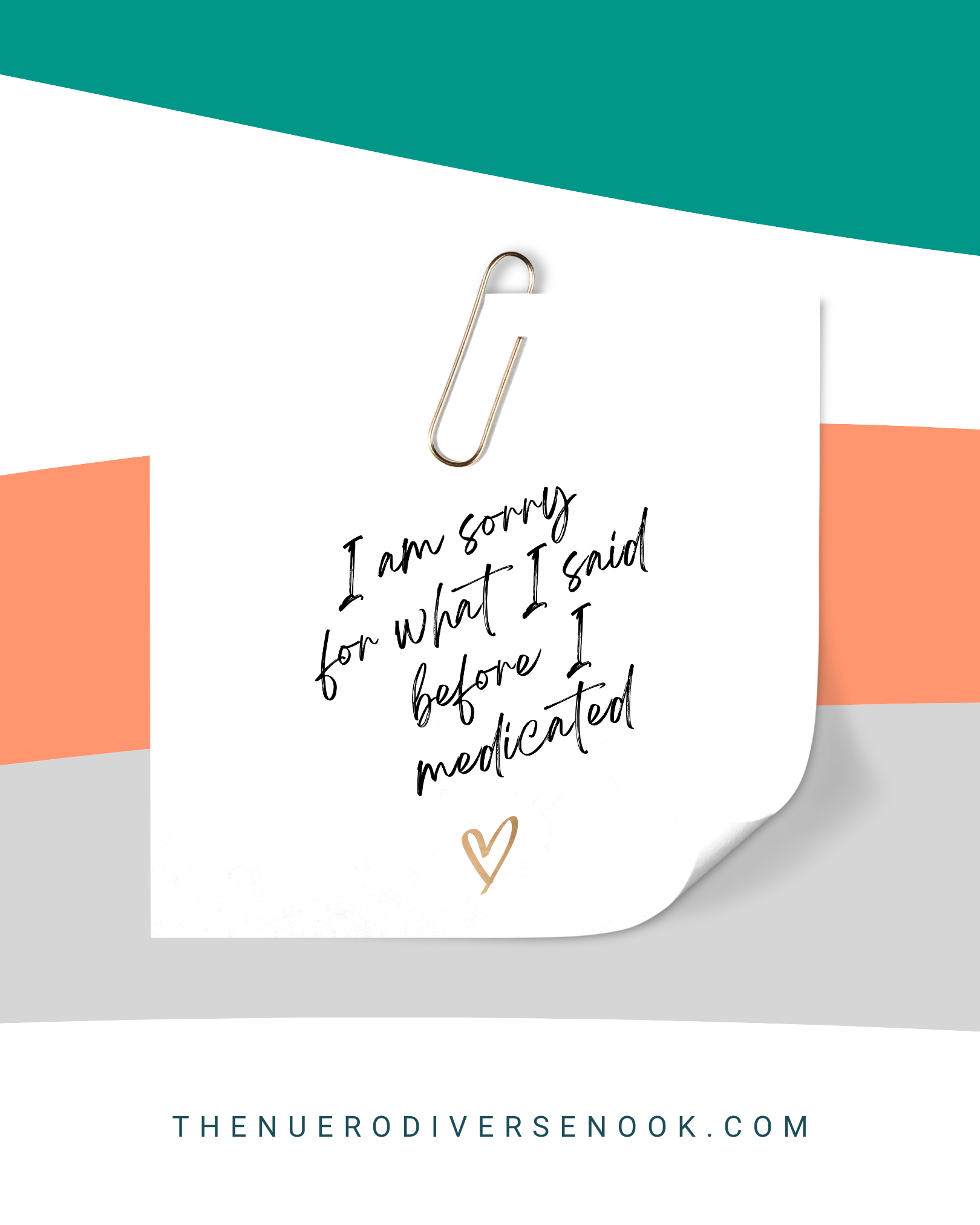
Mental health issues are still stigmatized in many parts of the world, making people feel ashamed of their struggles and not seeking help when needed. The truth is that mental health is just as important as physical health, and we should be just as open about it. This is especially true for people with neurodiverse conditions like bipolar disorder and schizophrenia, who face even more hurdles in receiving effective care. It’s high time we broke the stigma around neurodiversity and mental health issues through honest conversations, support, and, of course, with a little humor.
Let’s start with the basics: What is neurodiversity? An umbrella term that encompasses a range of conditions, including ADHD, autism, and dyslexia, among others, the case for celebrating neurodiversity showcases the importance of supporting each individual’s unique talents and strengths.

On the other hand, society tends to focus on the negative aspects of these conditions. But what if we saw these disorders through the same lenses we view physical disabilities? Instead of focusing on what the person CAN’T do, we should be supporting them to become their best selves and celebrating the skills and abilities they DO have.
Now let’s talk about mood disorders like bipolar and schizophrenia. These conditions aren’t character flaws, and the people living with them are not dangerous or violent. The media is famous for painting people with these conditions as “crazy” or “abnormal.” The truth is that these people need support, love, and care just like everyone else. Yes, they go through episodes but lead fulfilling lives, have careers, and nurture healthy relationships. In other words, their “madness” doesn’t define them as individuals.

Shame is one of the most significant hurdles to getting the help they need. And who hasn’t felt ashamed of their mental health at some point in their lives? I know I have! But this is where the power of humor comes in. Humor can help us see the light side of life, even in the darkest of moments. It reminds us that we’re all human and that we all experience pain, fear, and uncertainty. By laughing about the unexpected moments that come with diagnoses and therapy, we move towards accepting our stories and in turn, break the stigma associated with mental health.
We also need to have real conversations about mental health. Instead of sweeping it under the rug or giving empty assurances when someone mentions they are feeling anxious or depressed, we need to engage in open conversations that validate their experiences. There’s no need to feel uncomfortable or awkward about these conversations; everyone can be affected by mental health struggles – especially in the light of the pandemic. By showing compassion and kindness, we can support those who need it most.
Breaking the stigma around neurodiversity and mental health is a long-term process that requires conversations, humor, and support. Understanding what neurodiversity entails and shining a light on mood disorders can help us dismantle the myths that unhelpfully create shame. Humor can help us find lightness in life’s heavy moments, and open conversations of compassion can create an inclusive environment that allows people to feel heard and seen. This, in turn, can help improve the quality of care for those in need and uplifts society as a whole. We are all in this together – let’s break the stigma and create a less judgmental, more empathetic world for everyone.
Disclaimer: The authors of this blog are not licensed medical professionals and are not qualified to provide medical advice. The content published on this blog is based on personal experiences and opinions, and should not be considered as a substitute for professional medical advice. It is always encouraged to consult with a licensed medical professional before making any decisions regarding your health or medical treatment. If you are struggling with depression or any other mental illness, please remember that help is available – reach out to a healthcare professional, therapist, or support group to ensure you receive the care and assistance you need. Your well-being matters.
